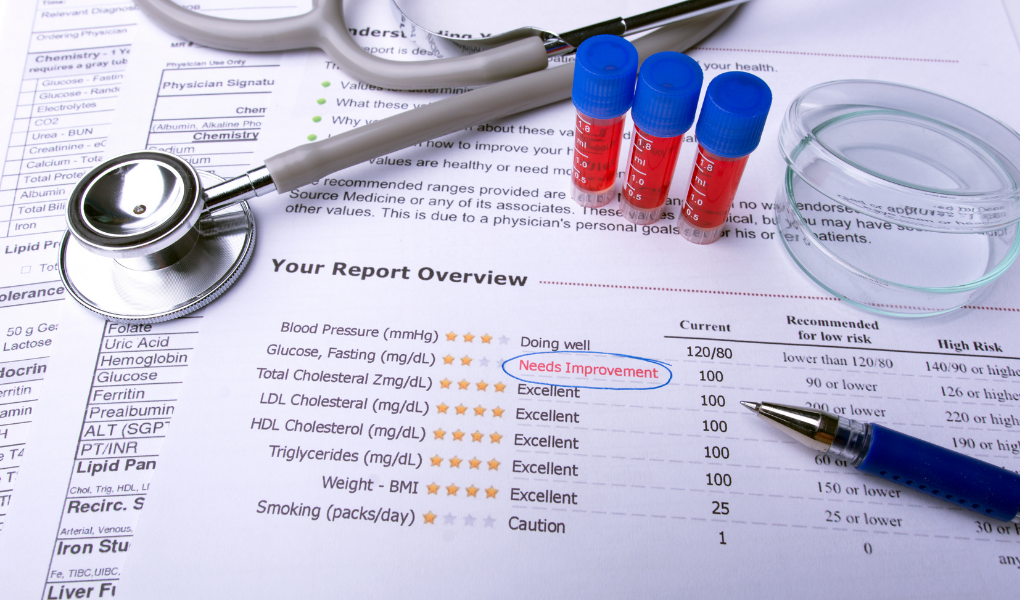Ancestry and the Prevalence of Cancer-Associated Genetic Alterations
What have researchers learned about ancestry and the prevalence of cancer-associated genetic alterations? Here’s a look at some recent findings from the AACR Cancer Disparities Progress Report 2022.
COVID-19 Infection Risk and Omicron in Children
Have you ever wondered if food allergies or other health conditions serve as a protective factor against health risks? Here’s a look at the findings of the Human Epidemiology and Response to SARS-CoV-2 (HEROS) study.
Long-Haul COVID-19 and POTS, What Do We Know?
Here’s a look a long-haul COVID-19 and postural orthostatic tachycardia syndrome (POTS) – what’s known about them and research and treatments for helping patients restore their quality of life.
Designing Sustainable and Healthy Communities
Healthy Community Design was a concept that could break down the barriers between communities and their necessities by establishing convenience to schools, healthcare facilities, and other benefits that should be accessible.
Examining an Outcomes-Focused Approach to Digital Health
Digital health has come to the forefront of healthcare since 2020. Here’s a current look at digital health and potential advancements and risks for the future.
Sickle Cell Disease Treatment Access and Resources Around the World
Sickle cell disease (SCD) care is not always easy to locate, and we at DHH want to continue our efforts working toward health equity for SCD patients. Here’s a look at sickle cell disease resources outside the U.S. along with a research update.
Overcoming Barriers to Equitable Care With Medical Lab Tests Series
We hope to help reduce the estimated 40,000 to 80,000 annual deaths due to preventable diagnostic errors. Here’s a look at some recent efforts toward equitable access and education efforts in clinical laboratory medicine.
Rx for Community Wellness and Achieving Equitable Care
Culturally competent whole person care is critical in work to reduce health inequities. Here’s a look at the Rx for Community Wellness program.
Could Your Implicit Racial Bias Be Harming Your Patients?
This article provides an overview of the existence and role of racism in healthcare, how it manifests, and its negative impact on the healthcare of people in racial and ethnic groups — resulting in health disparities.
What Is Unconscious Bias in Healthcare?
This article provides an overview of the existence and role of unconscious bias in healthcare, how it manifests, and its negative impact on the healthcare of people in racial and ethnic groups — resulting in health disparities.
What Is Health Disparity vs. Health Equity?
This article provides an overview of health disparity and health equity and their impacts on the healthcare of patients.
What Is Age Bias in Healthcare?
This article provides an overview of the existence and role of age bias in healthcare, how it manifests, and its negative impact on the healthcare of patients — resulting in health disparities.
What Is Implicit Gender Bias in Healthcare?
This article provides an overview of the existence and role of implicit gender bias in healthcare, how it manifests, and its negative impact on the healthcare of patients — resulting in health disparities.
Digital Health Literacy, a Health Equity Tool for Vulnerable Patient Communities
After an alarming need came to light for agricultural workers in Merced County, California, health advocates saw a clear need for action. The idea for the ACTIVATE project was then born.
Is Intestinal Bacteria a Colorectal Cancer Link in Black Americans?
Black Americans have higher rates of colorectal cancer when compared to rates in non-Hispanic white Americans, but what are the reasons why? Here’s a look at one research study.
Colorectal Cancer Advanced Treatments and Clinical Trial Benefits
Dr. Fola May shares insight about new colorectal cancer treatments under study and new methodologies in development for screening.
Overview of Colorectal Cancer Treatment Landscape
Dr. Fola May shares an overview of the primary treatment methods in use and care team members colorectal cancer patients may meet with for treatment.
Colorectal Cancer Risk and the Role of Screening
Dr. Fola May explains how the introduction of screening has changed colorectal cancer rates and how the survival rate varies by cancer stage.
Is There a Connection Between Colorectal Cancer and Diet?
Dr. Fola May explains changing colorectal cancer incidence rates in different age and racial/ethnic groups, updated screening guidelines, and risk factors under research.
Is Prevalence of Colorectal Cancer Increasing Among Some Populations?
Dr. Fola May shares the foods that some studies have shown to be factors for colorectal cancer – and which foods and nutrients can help reduce colorectal cancer risks.




















